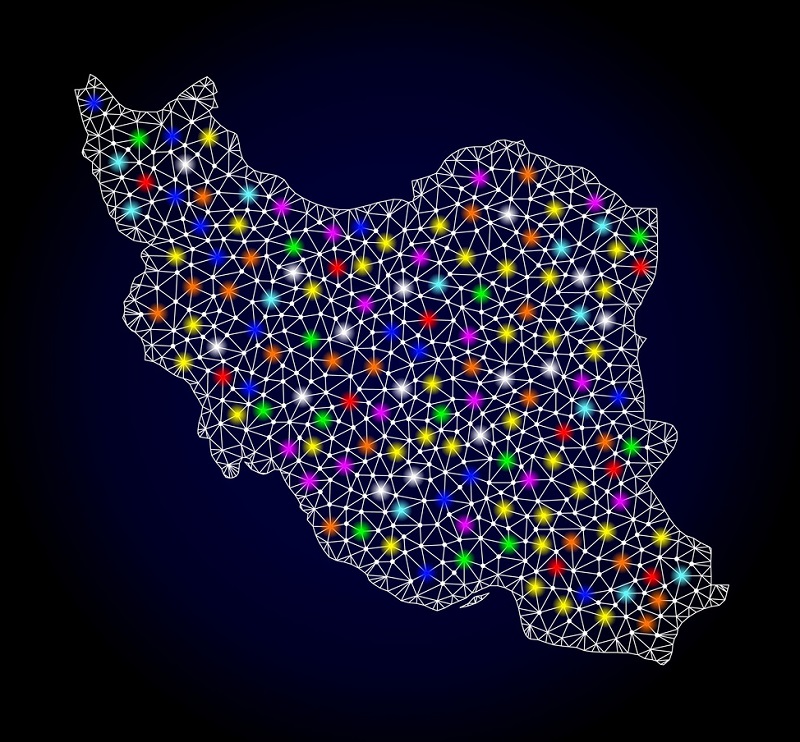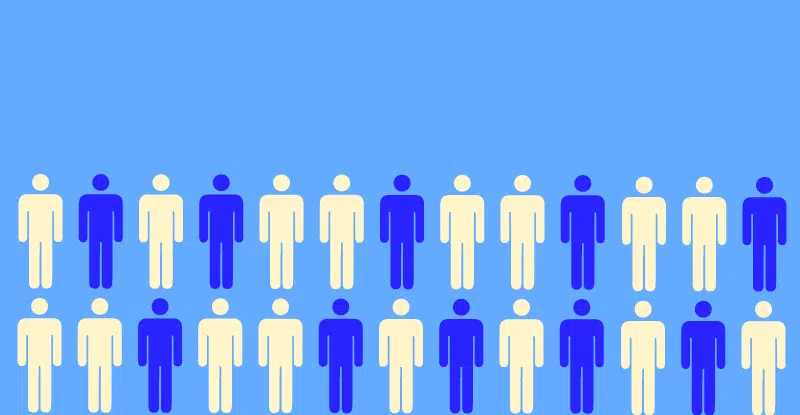Despite the worldwide trend of internet tariff increases and the annual rise in costs due to inflation, communication service tariffs in Iran have not seen an increase, leading to criticism from industry stakeholders. According to the strategic deputy of the Regulatory Authority, the Ministry of Communications and its entire structure have acknowledged the need for tariff adjustments, but the responsibility for deciding and acting on these reforms has become a challenge.
Divergent Views in the Industry Highlight the Challenge of Internet Tariff Reforms
According to IDEA, One of the primary reasons for the public’s resistance to tariff increases is their belief that current internet tariffs are reasonable. Users argue that, given the current speed and quality of internet service and the country’s economic situation, low tariffs for internet access are justified.
At a recent brainstorming session hosted by a group of analysts, differing opinions were raised regarding the reform of internet tariffs. Critics pointed out that the current internet tariff structure is not in harmony with the level of investment required and is causing an imbalance in the income flow of service providers.
Mobile Dominance in Iran’s Network
Mohammad Keshvari, head of the analytical group, highlighted that nearly two-thirds of network traffic in Iran is mobile, revealing an imbalance in the consumption of fixed and mobile network traffic. Despite having some of the lowest effective internet prices in the world, the quality of internet service in Iran is ranked quite low in both fixed and mobile categories.
Keshvari stated that the profit margins for operators have decreased in recent years, causing an imbalance in their income flow compared to their required investments. Therefore, tariff adjustments are necessary.
Prepare Public Opinion
Mehdi Rouhaninejad, a strategic deputy of the Regulatory Authority, emphasized the urgency of increasing consumption and the domestic share of internet traffic. He stated that any price increase should encourage the growth of domestic traffic and be a boost for the internet’s quality.
He pointed out that the Ministry of Communications and its entire structure have acknowledged the need for tariff adjustments, but the responsibility for deciding and acting on these reforms has become a challenge. Therefore, it is essential that stakeholders and industry players join forces in a coordinated media campaign alongside the Ministry of Communications to prepare public opinion and facilitate a change in the mindset of both the public and decision-makers.
Aligning Domestic and International Traffic Tariffs
Saber Feizi, CEO of Fanap Telecom, emphasized the need for a long-term adjustment. In his view, internet tariffs should be adjusted proportionally to the inflation rate announced by the Central Bank or a percentage of it. Furthermore, service providers must explain to decision-makers and the government that the reform should serve the interests of the nation, sovereignty, and the government itself.
Harmonizing the price of domestic traffic with international internet tariffs was highlighted as a significant concern. This is because the cost of services other than traffic is significantly higher for operators than the cost of traffic itself. Thus, the revenue should cover these expenses.
Iman Miri, CEO of HiWeb, suggested liberating service packages as a solution, as this would ultimately lead to market competition and improved service quality, benefiting the consumer. Meanwhile, Abdolhossein Bidabadi, CEO of Sabanet, found the proposed 26% price increase for internet to be negligible. He stressed the necessity of a substantial price difference between fixed and mobile internet.
These varying views in the industry highlight the complexity of the internet tariff reform issue, underscoring the importance of a well-balanced approach to address the concerns and interests of all stakeholders.
[postx_template id=”4061″]





No Comment! Be the first one.